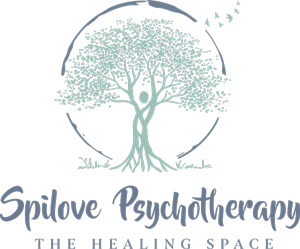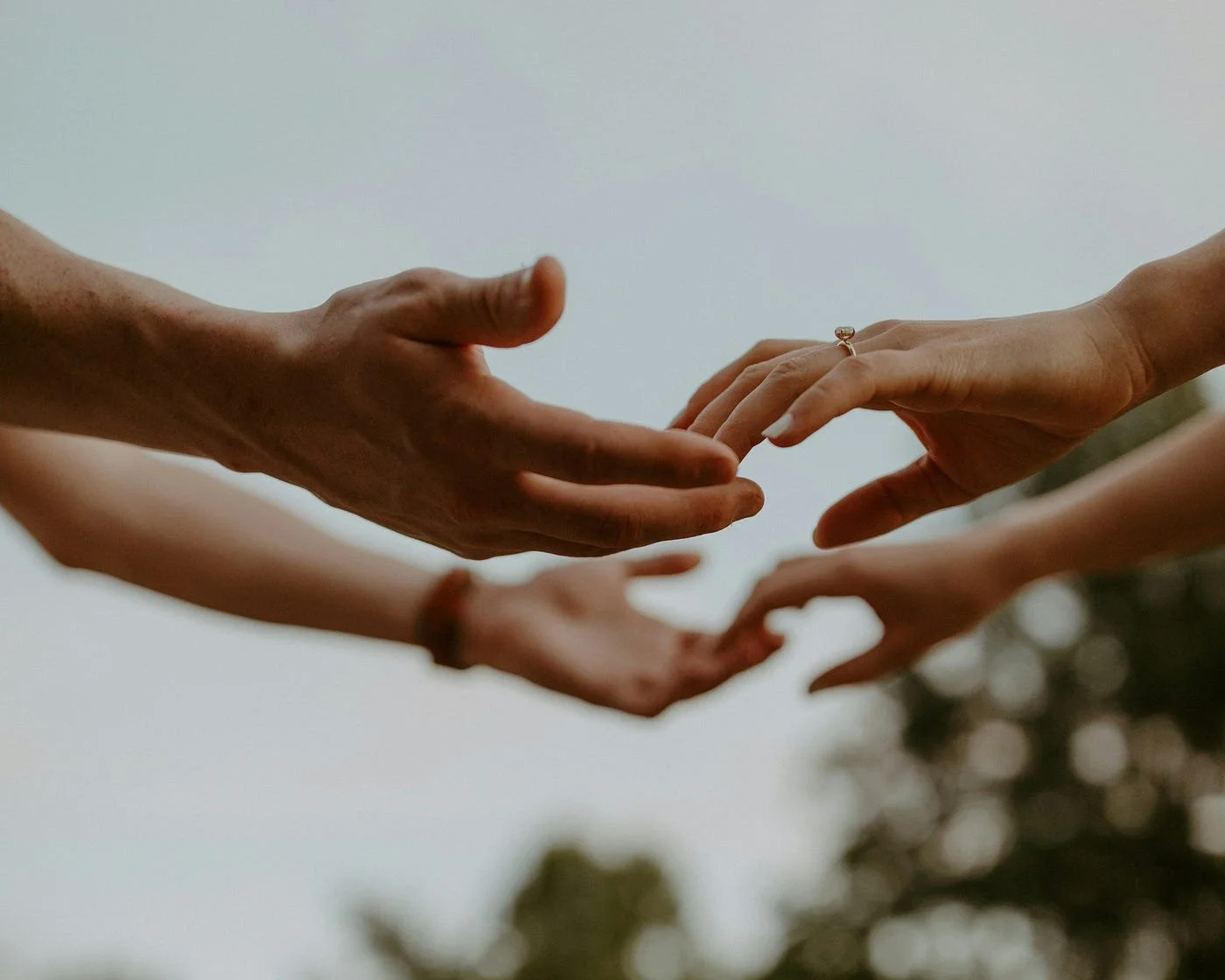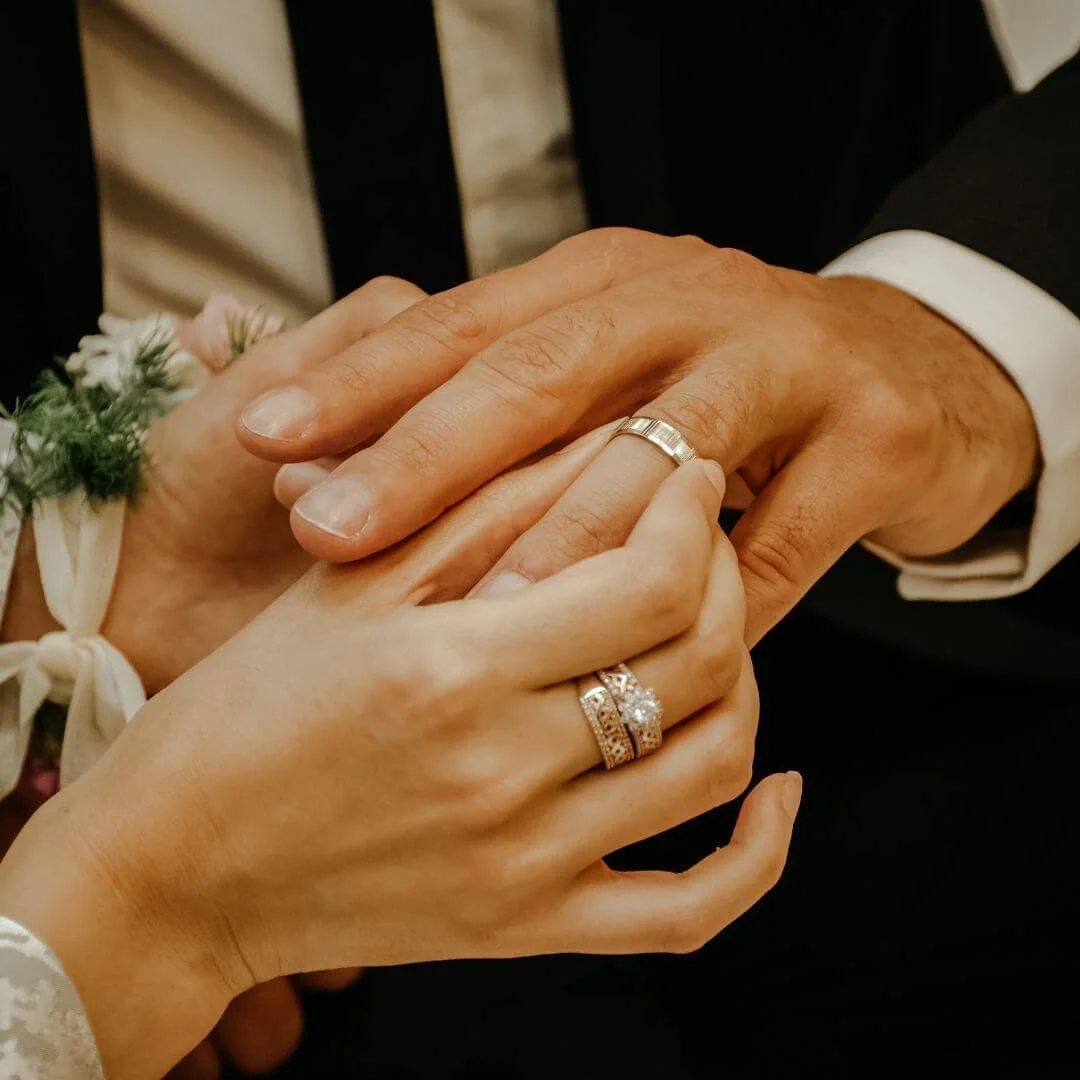Healing from trauma is a deeply personal journey, especially for those in the LGBTQ+ community. As a lesbian, you may face unique challenges and experiences that can affect your healing process. In our latest blog, we explore how Trauma Intensive Therapy can create safe, affirming spaces that honor your identity and foster genuine healing.
Discover the importance of finding a therapeutic environment where you can be your authentic self and how specialized approaches can empower your recovery journey. Ready to take the next step? Click here to learn more about creating a safe space for your healing!







